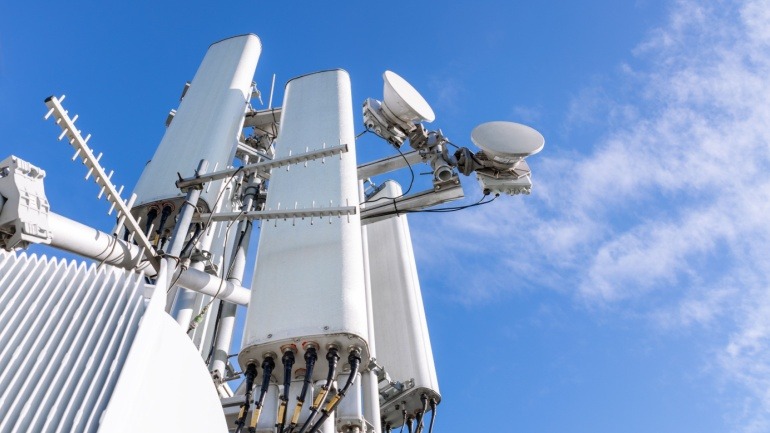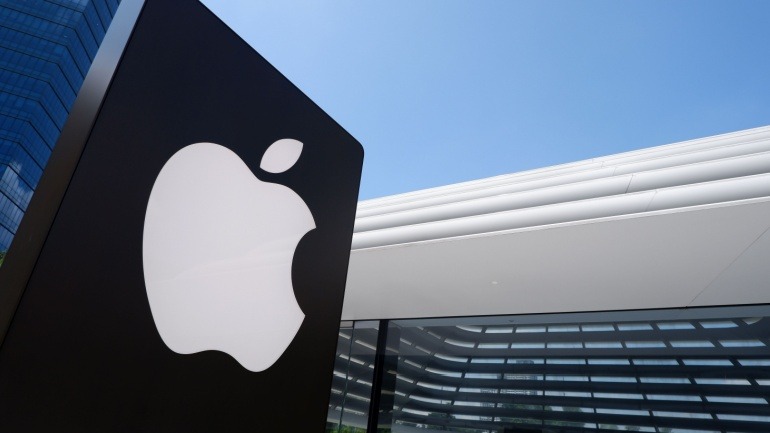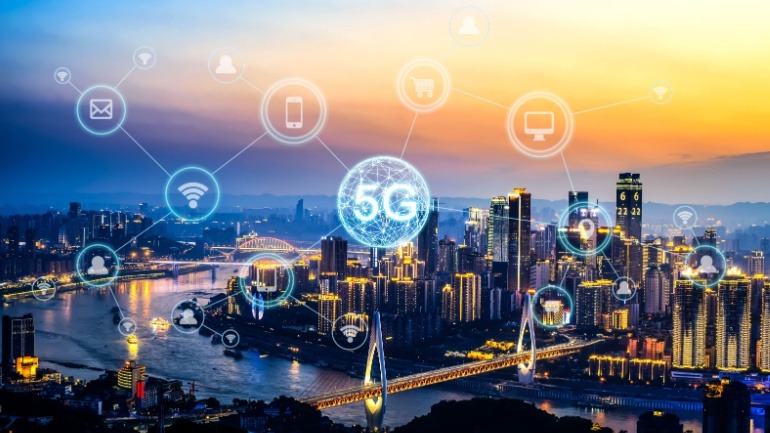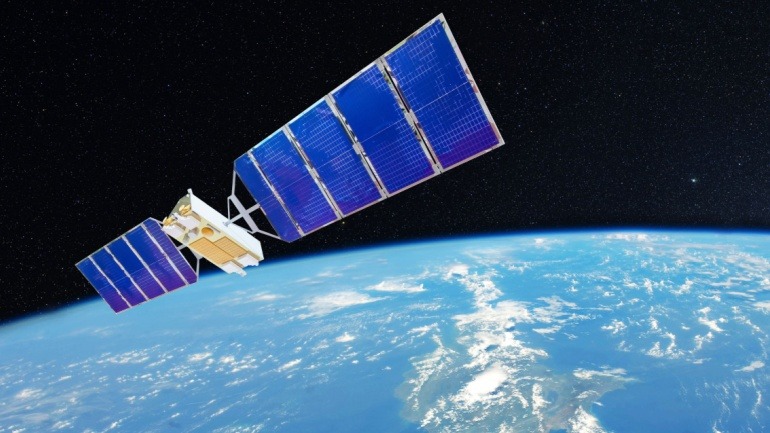Cordiant Digital Infrastructure is on the brink of acquiring BT Ireland’s wholesale unit for €22 million. This strategic move, approved by Ireland’s Competition and Consumer Protection Commission, is set to enhance Cordiant’s influence within the Irish market.
FCC Chairman Brendan Carr has warned EU nations about growing reliance on Starlink, highlighting risks of over-dependence on a single satellite provider. European officials share concerns, especially as geopolitical tensions rise. While local alternatives like OneWeb emerge, the EU faces tough challenges in securing technological autonomy.
Telia Finland demonstrated its 5G network slicing by remotely operating an armoured vehicle nearly 100 kilometres away during military drills in Lapland. The successful test highlights how advanced connectivity can enable real-time control for defence applications, marking a significant step in unmanned systems and secure cross-border cooperation amid Finland’s evolving security landscape.
AI and mobile technologies are set to add $2 trillion to China’s economy by 2030, making up 8.3% of its GDP, according to the GSMA. Driven by 5G and AI integration across industries, especially manufacturing.
KDDI and Okinawa Cellular, in partnership with Starlink, have launched au Starlink Direct — Japan’s first direct-to-device satellite service. Starting April 10, 2025, au users can enjoy seamless connectivity even beyond network zones, enabling emergency alerts, location sharing, and AI-powered assistance, all at no extra cost.
In response to a significant tariff hike, Apple has flown five cargo planes of products from India to the U.S. to avoid steep new taxes. This costly decision reflects the urgency U.S. companies face amid trade tensions. As tariffs rise, consumers worry about price hikes, while tech firms like are grappling with increased costs.
The Philippines’ NTC has denied NOW Telecom’s appeal to extend its mobile license after the company failed to meet rollout targets—deploying just 6 of 2,306 promised base stations. Regulatory non-compliance and unpaid spectrum fees totaling PHP 3.57 billion further sealed its fate.
The UK’s major mobile operators are challenging Ofcom’s proposed changes to spectrum annual license fees. Despite a proposed 21% reduction in fees for the 900MHz and 1800MHz spectrums, and a 12% increase for the 2100MHz band, operators argue the fees are still too high.
Nokia, Telia, and the Finnish Defense Forces achieved a world-first by successfully demonstrating seamless 5G standalone slice handover across borders. Conducted during a Nordic defense exercise, the trial proved the potential of secure, uninterrupted communications for mission-critical operations.
Anatel has approved Starlink to launch 7,500 more satellites in Brazil, expanding its network. While boosting internet coverage, the decision raised regulatory concerns. Amid tensions with Brazilian authorities and global contract setbacks, Starlink also faces rising costs from U.S. import tariffs.













